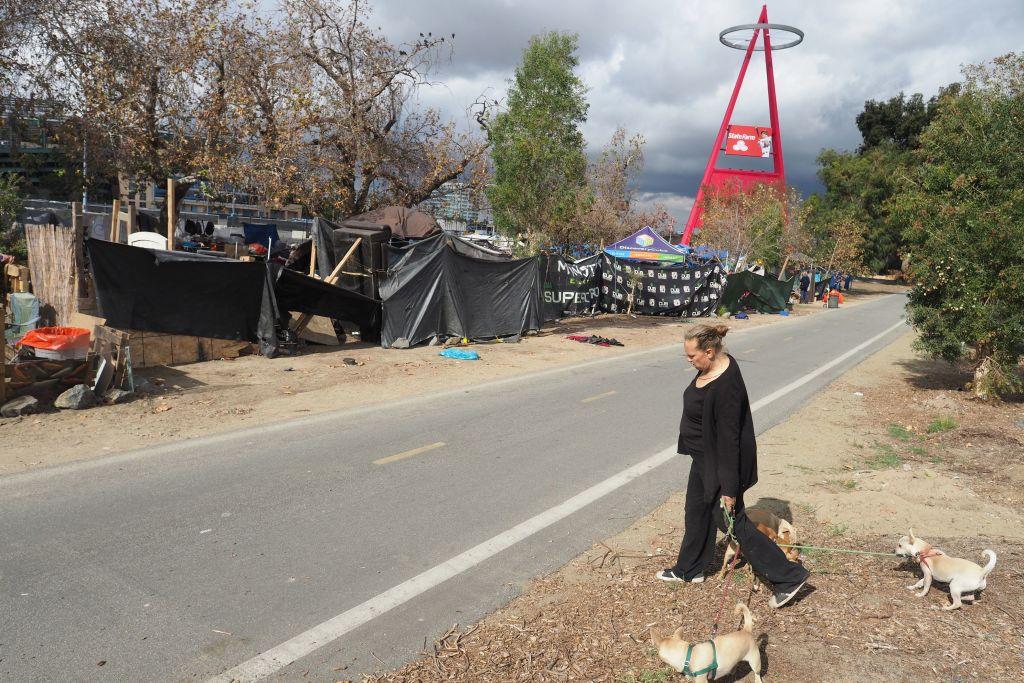SANTA ANA, Calif. (CNS)—An Orange County Superior Court judge indicated on April 16 he would grant a temporary restraining order blocking the county from using a state-and-federal program to house transients infected with COVID-19 at a Laguna Hills hotel.
However, Judge Thomas Delaney continued the hearing until the morning of April 20, in order to receive more arguments from the attorneys for the county and the city.





